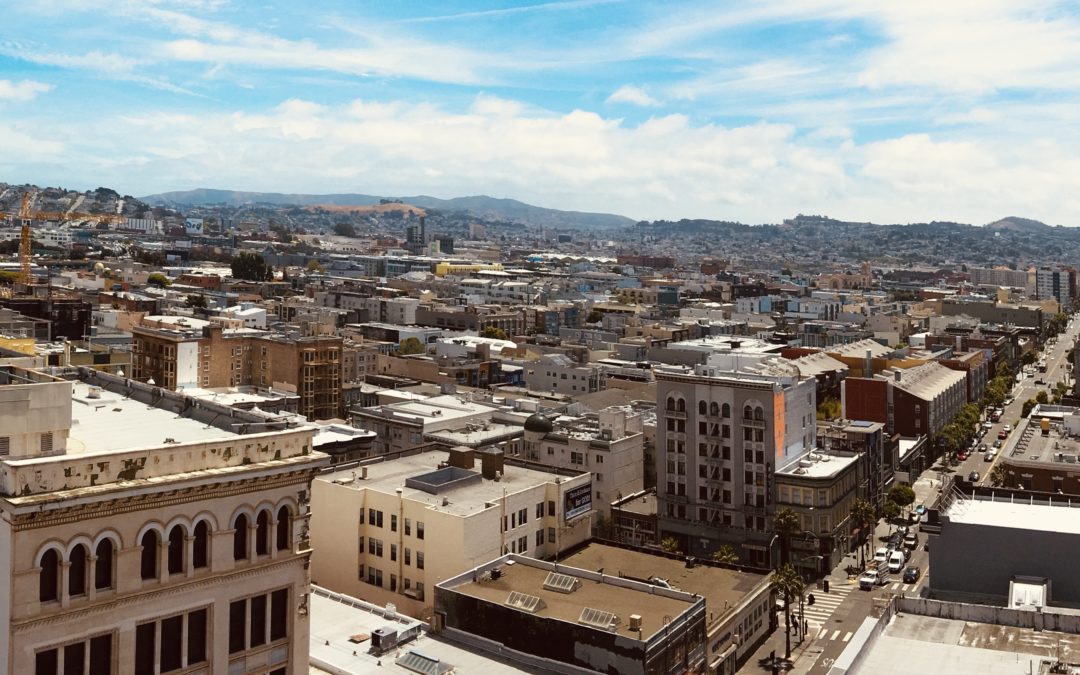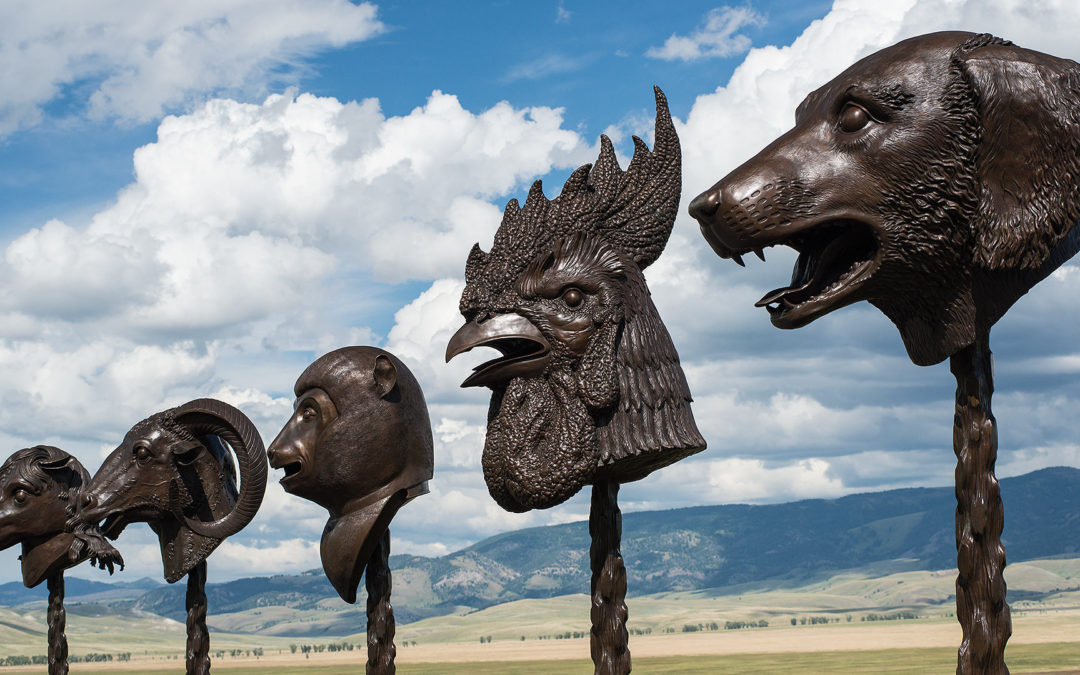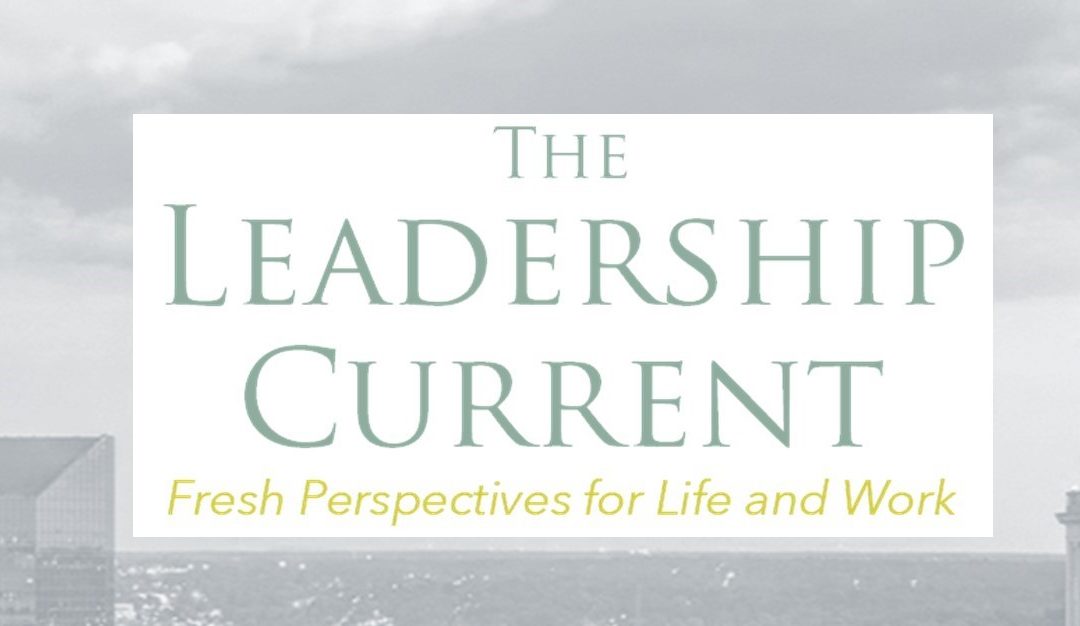
by Dr. Ed Brenegar | Nov 29, 2021 | Community, Ideas, Impact, Relationships
Simon Sinek speaks about how homeless people ask for money. He convinces a woman to change her message, and she makes more in two hours than she does in a whole day. Good move on Simon’s part. Then she leaves. She met her daily quota.
The question that this raised for me is whether Sinek was actually successful in his advice to the woman.
Sinek wants us to focus on the giver and his or her motivation. I am glad he does. He wants us to think about why we should give to people in need, or affirm workers in the workplace.
Now, as good as this video is, Sinek needs to look more deeply at what is required to change the social and organizational environments that we all inhabit. If you want Mark Laita’s videos, you see the effects of broken environments on people. From my perspective, the range of crises that we are experiencing globally is the product of broken environments, whether social or organizational.

by Dr. Ed Brenegar | Nov 25, 2021 | Book, Circle of Impact, Impact, Relationships, Transition, Uncategorized
Have you ever prepared to cross a street, and there at the curb is a big, deep puddle? You don’t want to step in it. So, you look for a way around, or you try to decide if you can jump across it. I believe this is where many of us are right now. We are stuck trying to figure out a way around the complexity of a global coronavirus pandemic, the swings of political ideology upon our lives, and what the future holds for you, your family, your business, the organizations you contribute to, and your community as your home.
Four years ago as I was preparing to publish Circle of Impact: Taking Personal Initiative To Ignite Change, I put together a set of five guiding principles that I felt were a simple summary of the book. Over the past several months, I realized that the time for a refresh of the principles was needed. Several new things had begun, and I needed to reflect it a revised Guiding Principles of the Circle of Impact.
CIRCLE OF IMPACT FIVE GUIDING PRINCIPLES
1. ALL Leadership Begins with Personal Initiative to Create Impact.
2. We are ALL in Transition. Every one of us. ALL the time.
3. Impact is the Change that Makes a Difference that Matters.
4. Impact Expands through Networks of Relationships.
5. Start Small. Act Locally. Share Globally. Take the Long View.

by Dr. Ed Brenegar | Nov 8, 2021 | Impact, Relationships, Transition
A number of people have spoken to me recently about the sense that they are in transition. They cannot articulate why. If you are having a sense of being in transition, then read on. This post should help.
We feel things before we know things. We only know things because we think them through. If we don’t think them through, we can easily become confused. We feel that our perception of the world has no logic, consistency, or means of making sense of it. As a result, we are living in a world that does not make sense.
What does making sense mean? Especially with this sense that you have is pointing you towards a transition in your life.
Making sense means that I understand the situation that I am in, that I have a clear idea of what my transition is leading me, and that I know what I must do now.
So …
Do you understand the situation that you are in?
Do you know where your transition is leading you?
Do you know what you must do?

by Dr. Ed Brenegar | Nov 3, 2021 | Book, Circle of Impact, Ideas, Impact, Transition
Two of Ai Wei Wei’s sayings I treasure because they so resonate deeply with my beliefs about leadership.
“Your own acts tell the world who you are and what kind of society you think it should be.”
“I call on people to be ‘obsessed citizens,’ forever questioning and asking for accountability. That’s the only chance we have today of a healthy and happy life.”
This is the spirit of personal responsibility that points to my conviction that “all leadership begins with personal initiative to create impact that makes a difference that matters.” This responsibility is not something imposed upon us. It is not an obligation or a requirement. Rather, it is the expression of our individual humanity.
Ai Wei Wei suggests that there is a transition in our understanding of leadership taking place. It is from a person being in authority to an expression of our individual humanity. This is why accountability is so essential to a healthy life for a society.
“I see myself not as a leader but as somebody who initiates things or finds the problem or provokes a discussion. You have to be always ready to engage, willing to participate. When events or history happen, you just have to be aware and respond.”

by Dr. Ed Brenegar | Sep 23, 2021 | Circle of Impact, Impact
Let’s Talk
There is a phenomenon that is occurring that is worth noticing. And you can be a part of it.
People don’t learn well without conversation. When they talk about an idea, it is how they grow in self-awareness for the purpose of gaining greater situational awareness. The integration of knowledge into practice is now a goal. This is how we learn to be better decisions, solve the most difficult programs, and build teams of people who genuinely respect and trust each other.
We grow as persons and as leaders of impact when we talk with each other. We get better at the practice of living our lives, doing the work that we do, and actually achieving the goals that we set.
It is for this reason that I believe we need to carve out more time to talk, to converse, to interact, to learn from each other. Every conversation that I have never fails to give me something to think about that I find valuable and practical. This is why leaders need to be talking with each other. A few of us have a plan, and we’d like you to join us.

by Dr. Ed Brenegar | Sep 13, 2021 | Book, Circle of Impact, Impact, Relationships, Uncategorized
When did self-awareness become an obstacle in our lives?
After a quarter-century of consulting with organizations and coaching their leaders, I realized that it was the self-awareness of people that was a prime hurdle to fulfilling potential, creating impact, and leading people.
Let’s look into this.
WHAT IS SELF-AWARENESS?
Self-awareness is knowing who you are within the context of your life situations.
There are two sides to self-awareness. One is knowing who we are as persons. The other is understanding the situations that we are in. Self-awareness and situational awareness are indelibly intertwined.
Self-awareness is being aware of who we are, who we can become, what our potential is, and, maybe more importantly, who we are not. This is particularly true in a time where social media has the power to mold people into persons that their friends and family do not recognize.







